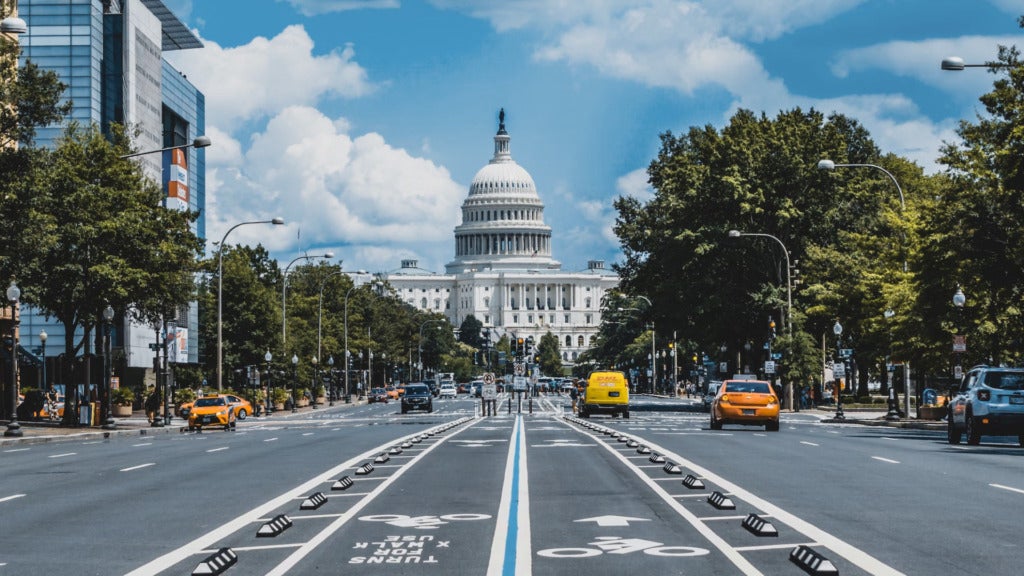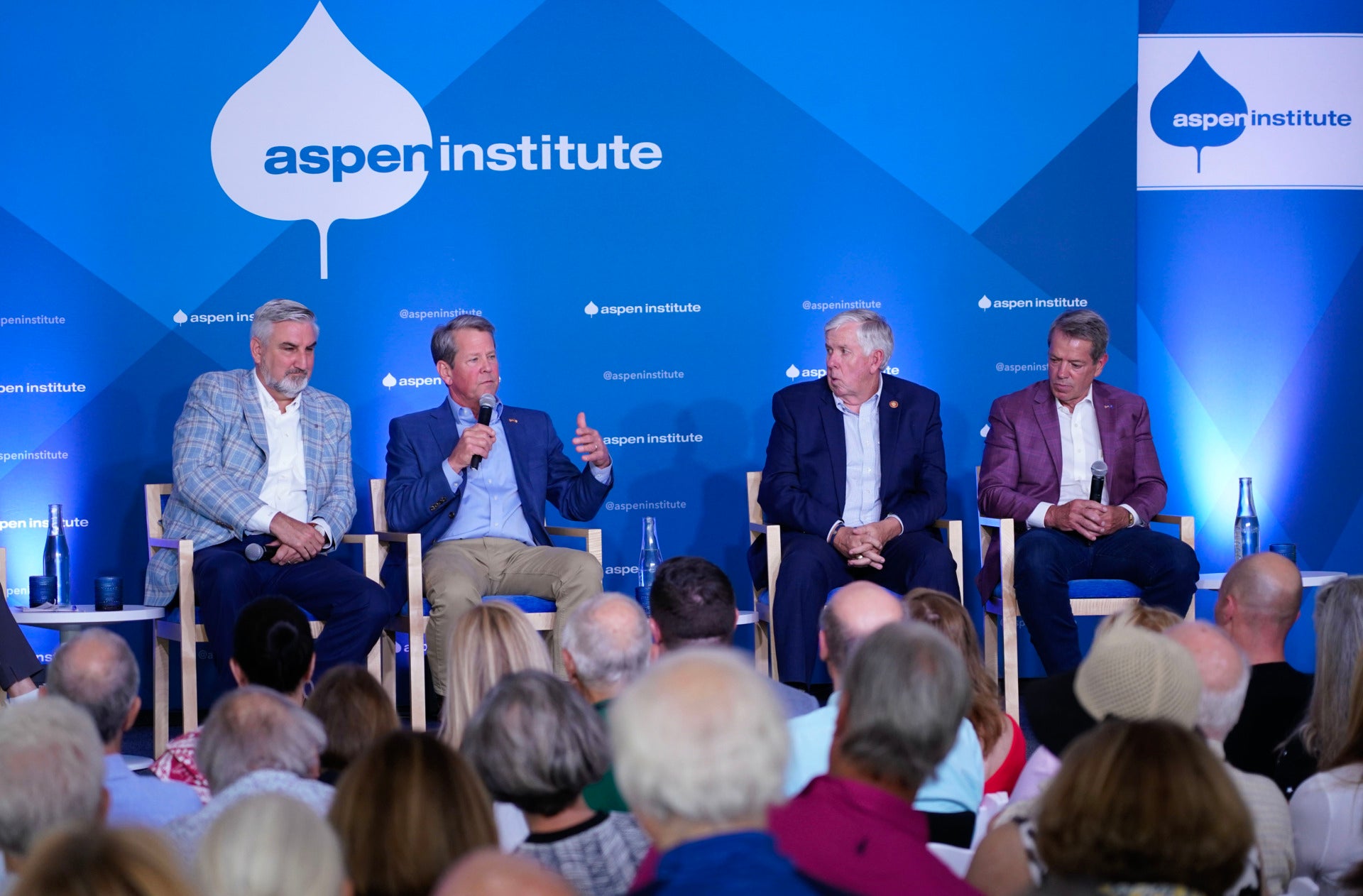
Infusing faith in politics flies in the face of the separation of Church and State in many circles. Challenges arise when the line between church and state blurs. Faith-based polarization fractures societies. Those fractures are exemplified by historical events like the Crusades and more recent instances of religiously motivated conflicts.
Ironically, the United States’ forefathers created and implemented the concept within a government built on a decidedly Christian church congregationalist framework known as congregationalism.
Congregationalism, which gives power of church governance to the congregations, is one of the strands of my denomination, the United Church of Christ. Within its polity, congregations can chart their course without hierarchical interference, like states are autonomous from the federal government.
So, elements of a faith tradition are embedded in our government. Christianity isn’t the United States of America’s official religion. Claims to the contrary have inspired passionate debates about, among other things, choices and identities.
So, faith in politics has shaped public policy and influenced societal norms. Current political leaders worldwide often fuse their faith with their governance. Faith-based organizations wield significant influence, contributing to societal welfare and advocacy. Public opinion and surveys showcase varying perspectives on the role of faith in politics.
Faith in politics could inspire, unite, or divide communities. Faith-based advocates with one worldview have been very active and verbal, while a group with a different outlook is becoming more active and vocal.
Debate about its role and effectiveness is now coming from different perspectives. It has led to interrogating and embracing interfaith engagement, affirming that the faith in politics isn’t just Christianity. But those discussions also acknowledge whether it’s hurtful or helpful.
That said, faith and politics have been intertwined before 1776. After all, Constantine Christianized the Roman Empire by signing the Edict of Milan in 313 CE. Meanwhile, in medieval Europe, rulers were required to nurture and support the Church. For example, like the late Queen Elizabeth II, King Charles III serves as the head of the Church of England.
Our government uses faith-based rhetoric while doing business, including Christian prayers to begin meetings and presidential remarks often ending in God bless America. Thus, embracing an interfaith approach is a goal that takes time to realize.
While one can claim that faith injects a moral compass into governance and knits communities together, Christianity is usually assumed to be the default religion. In a religiously pluralistic society, philosophies from conservative faith leaders must coexist with leaders like Bishop Yvette Flunder and Racial Justice, Religion Collective Member Rev. Traci Blackmon, and Mahatma Gandhi.
And, of course, we must welcome the voices of those who don’t embrace a faith tradition. That allows us to see our belief system through a different lens. Advocating for religious pluralism and secularism preserves governance’s neutrality and ensures treating diverse belief systems equally.
Interfaith dialogue fosters understanding and cooperation among different religious groups, promoting harmony. Finding common ground becomes crucial to navigating the complexities of faith in politics.
The debate surrounding faith in politics remains ever-evolving. Its constructive and contentious role shapes the course of nations and societies. As the world progresses, acknowledging the evolving role of faith in politics becomes pivotal. Striking a delicate balance between faith and governance is imperative for a harmonious and inclusive society.
The interplay between faith and politics illuminates the multifaceted nature of human societies. While it can serve as a beacon of inspiration and shared values, it also holds the potential to sow seeds of division and conflict. Understanding, respecting, and navigating this intricate relationship is vital for fostering a society that embraces diversity while nurturing collective progress.

